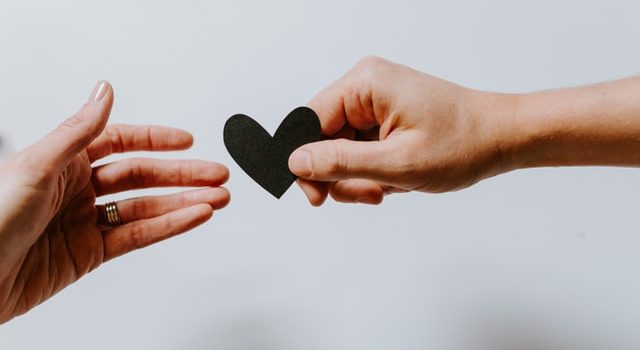What exactly is meant by “love and compassion”? What are some ways you can cultivate genuine compassion towards all living things? As His Holiness the Dalai Lama aptly said, “Love and compassion are necessities, not luxuries. Without them humanity cannot survive.” However, when we get caught up in the everyday ebb and flow of life, acting with compassion is easier said than done. However, you don’t need to be a Buddhist saint to approach life from a place of love and compassion. Here’s how you can make an effort to show compassion in your daily life.
Expressing Love and Compassion in the Everyday Life










